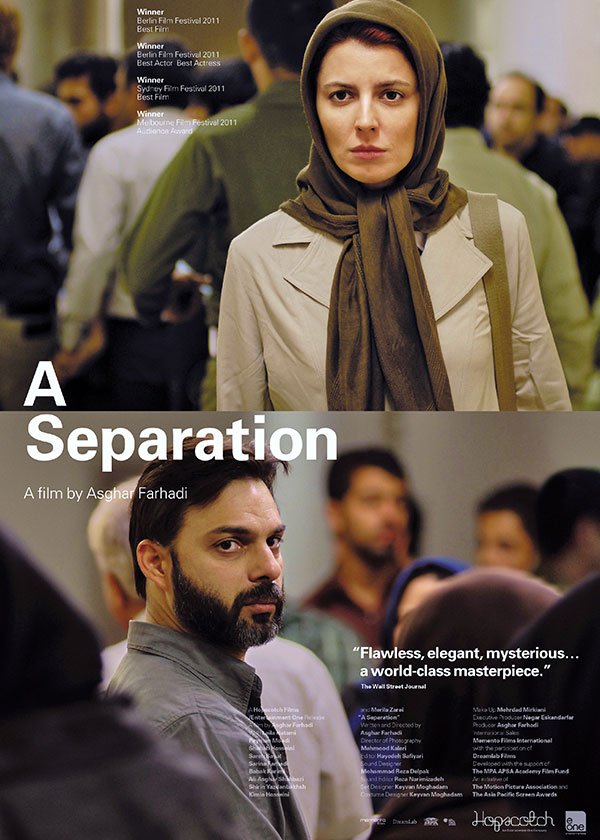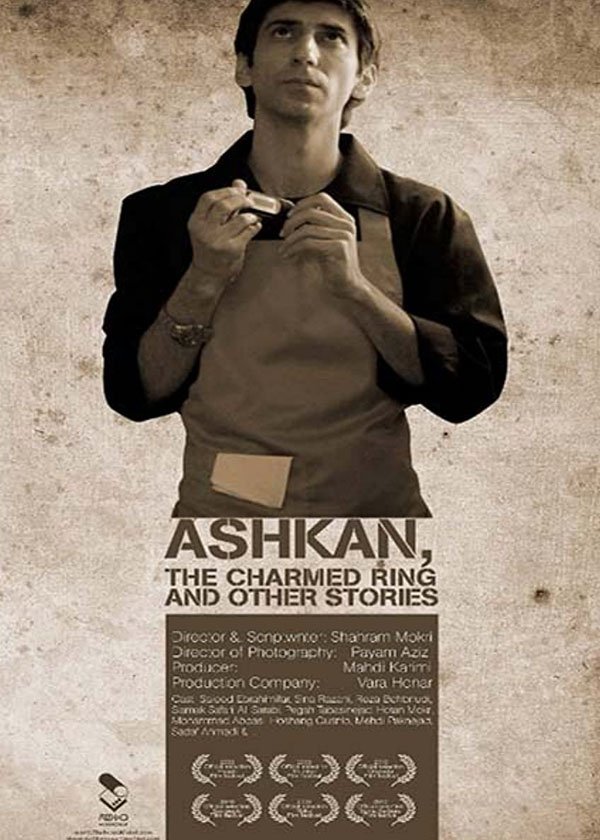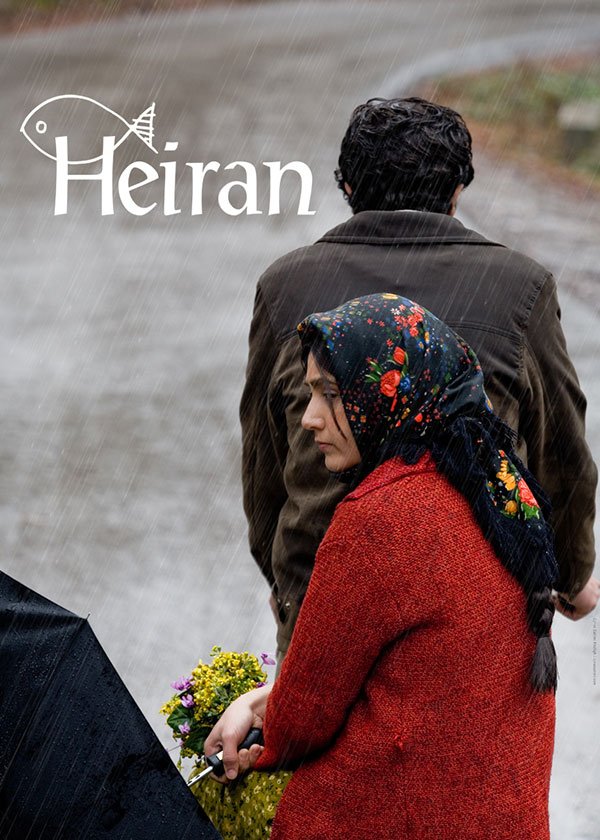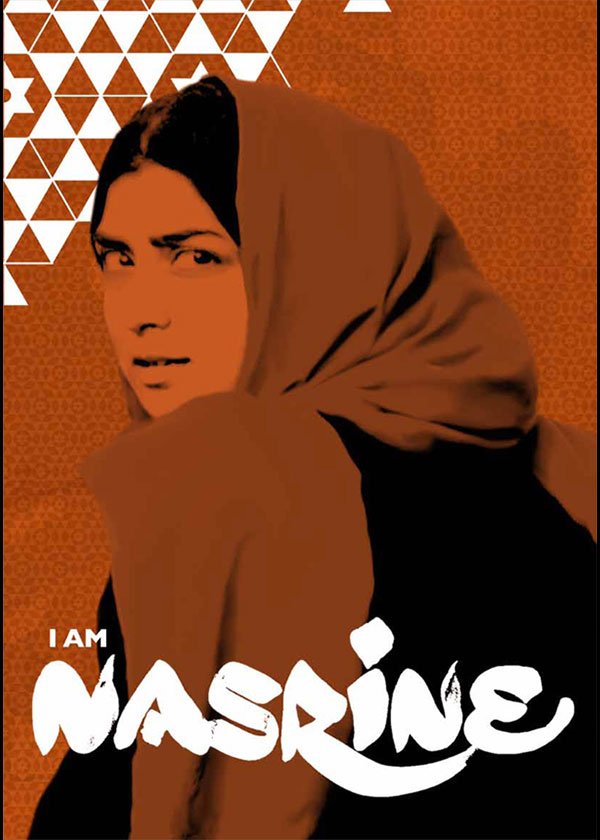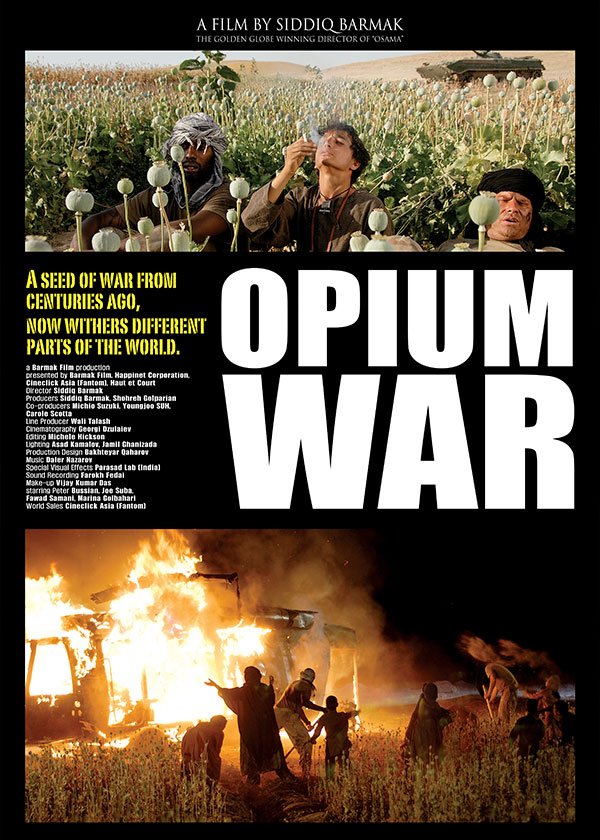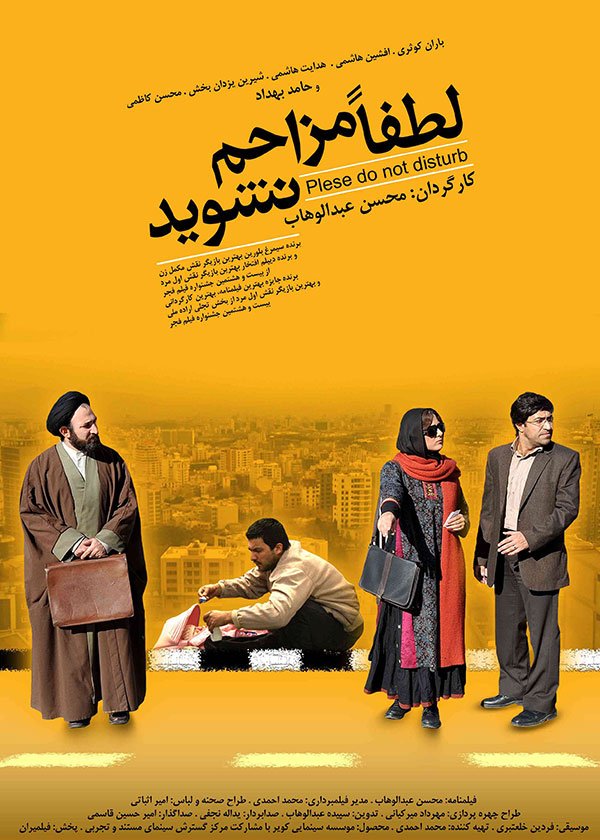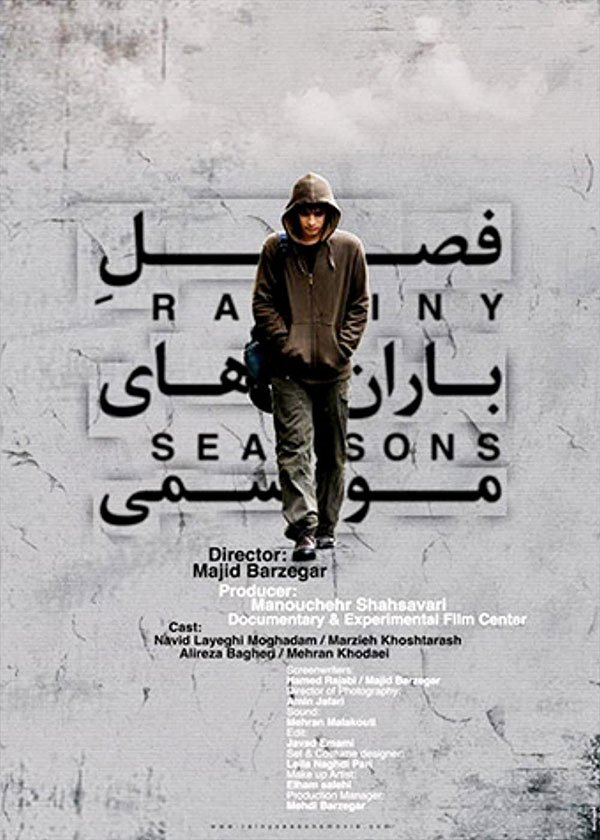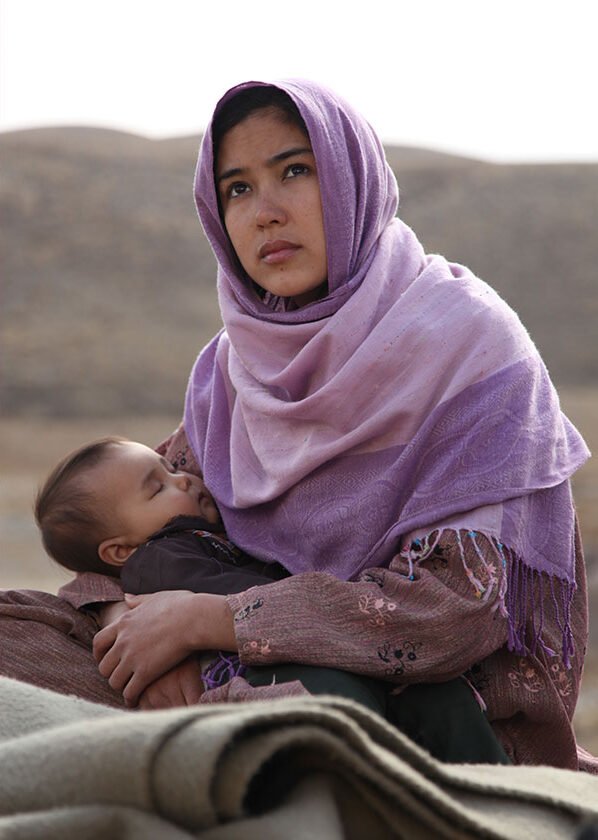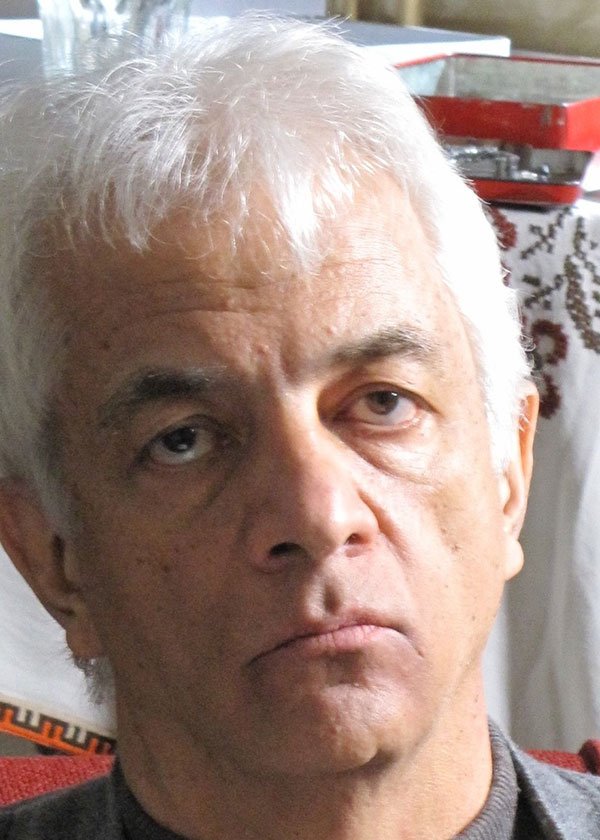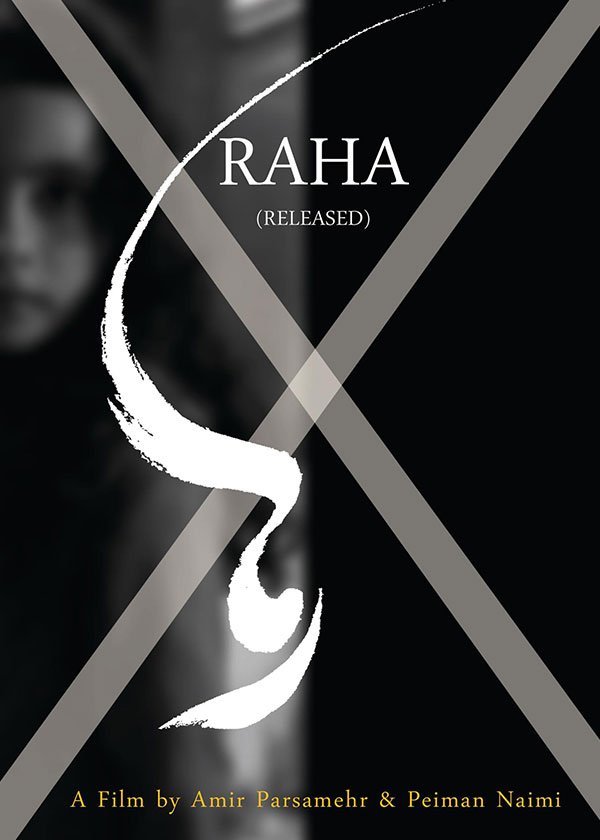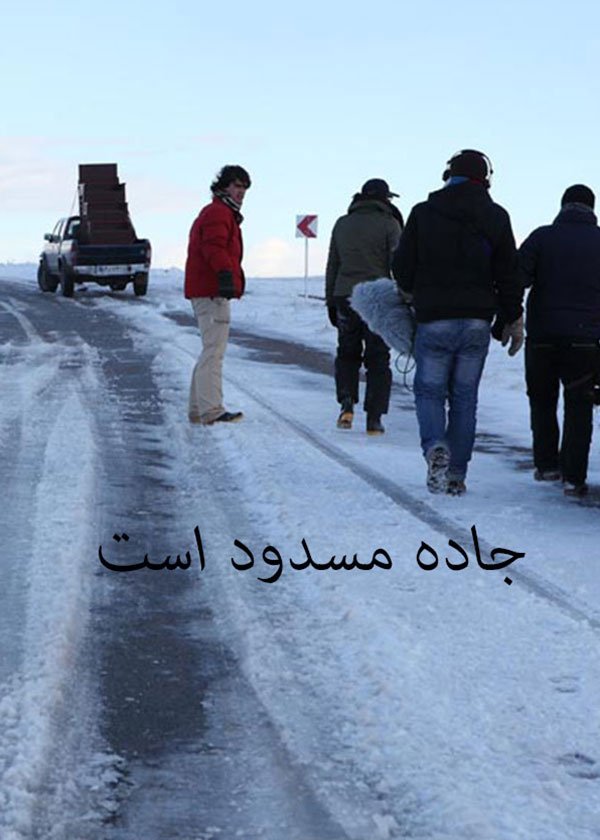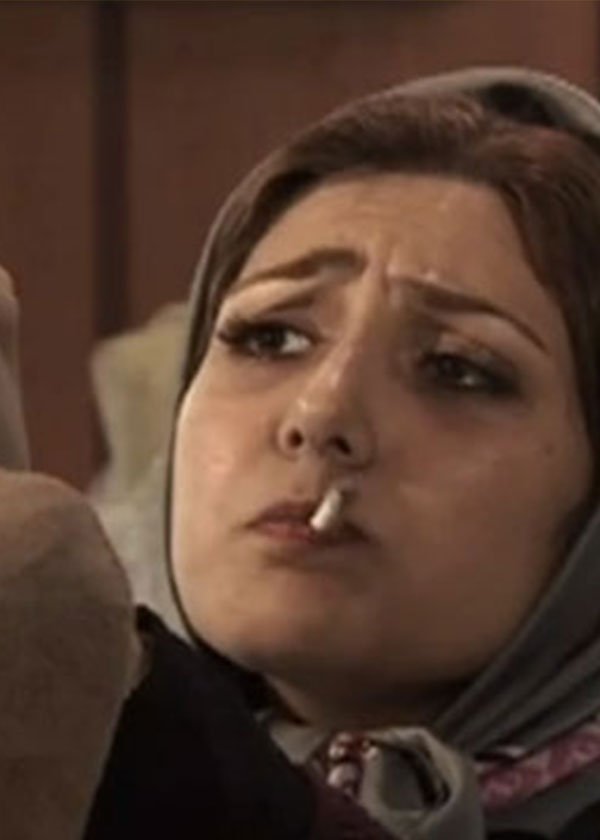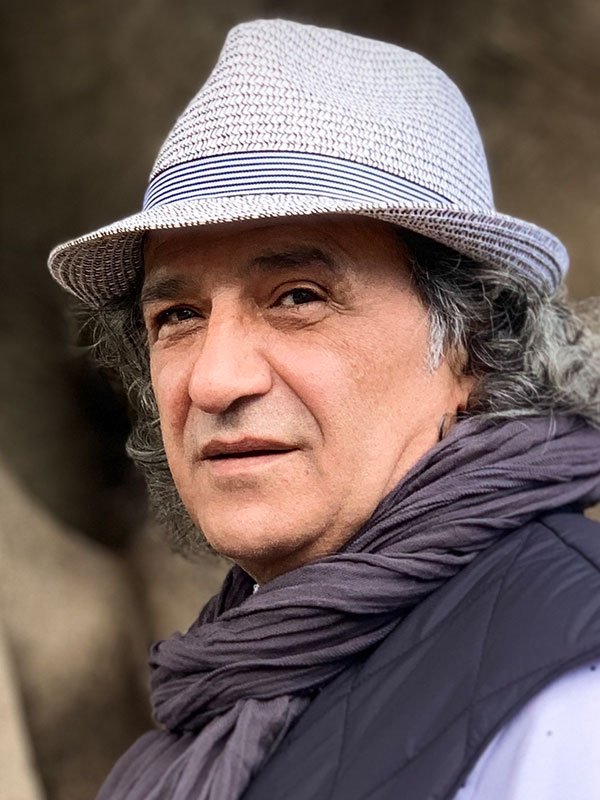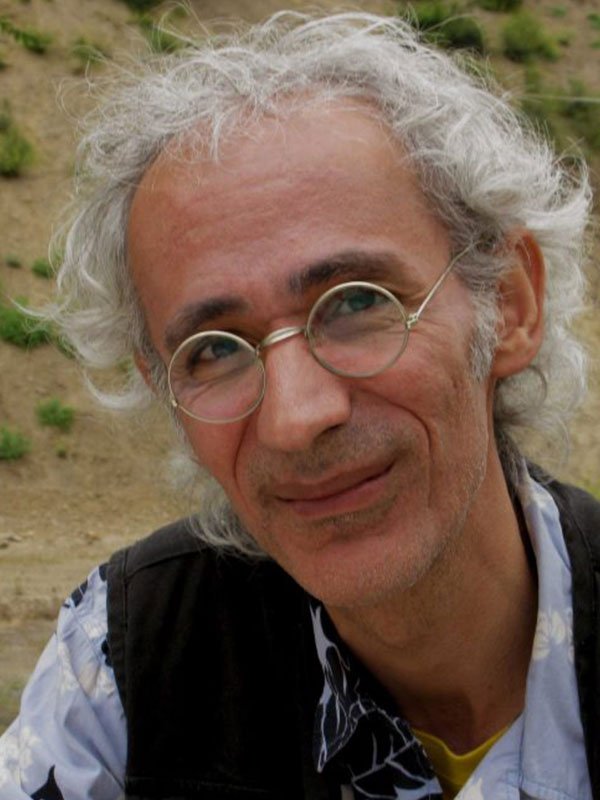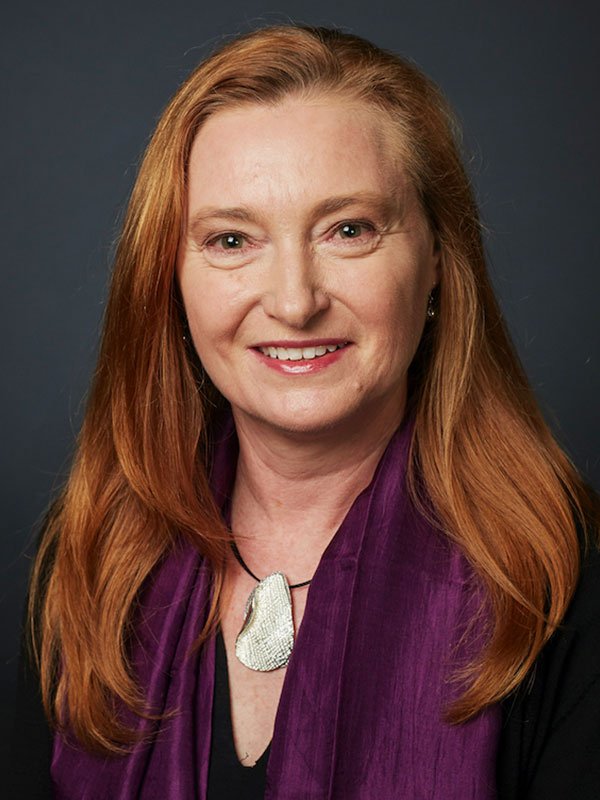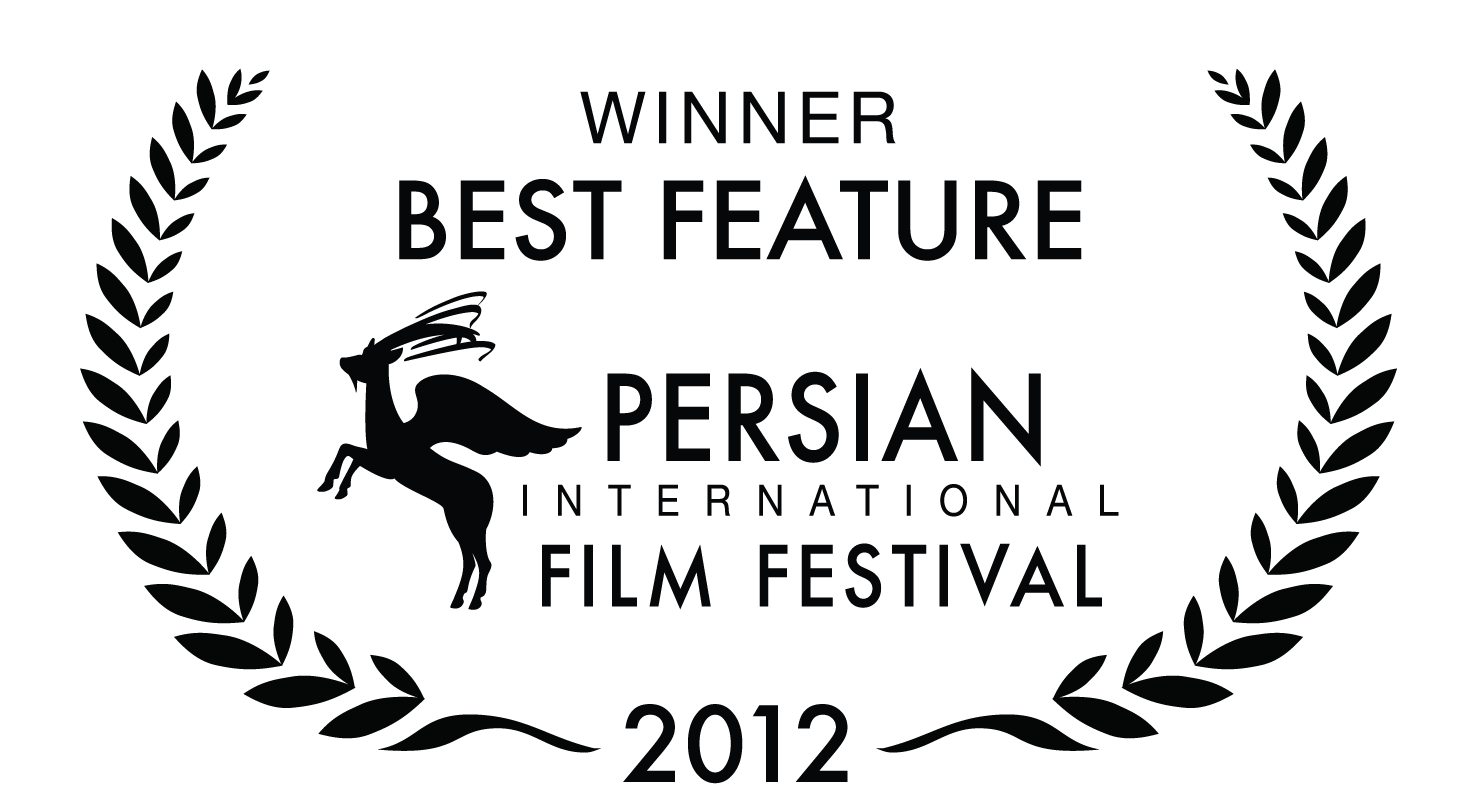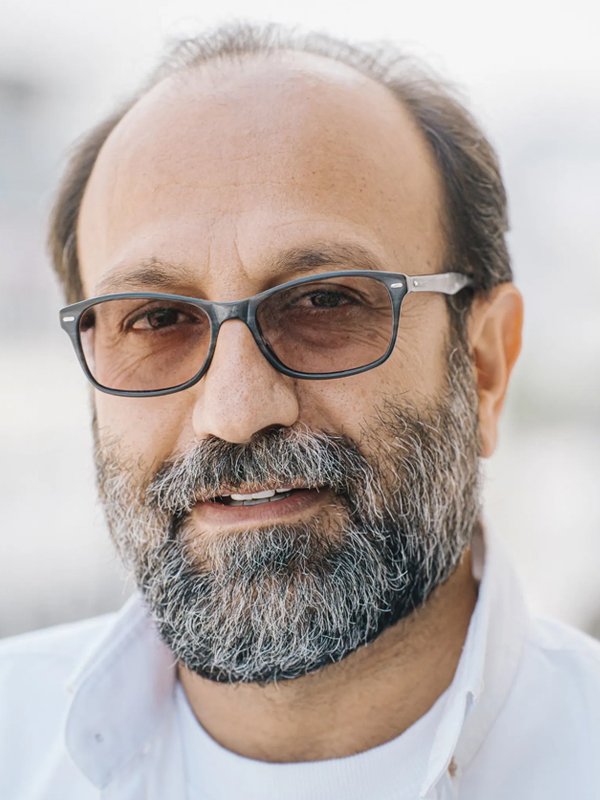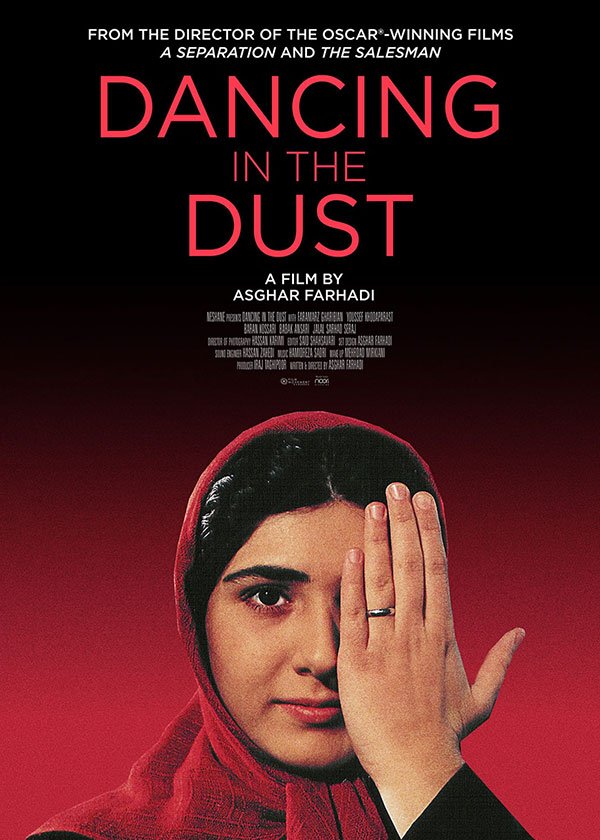Official Selection | Features
Official Selection | Shorts
Festival Poster
1st Edition
The 1st Persian International Film Festival was inaugurated in Sydney in February 2012 at Dendy Opera Quays. Over four days thousands of audiences with diverse backgrounds attended the festival. The opening and closing nights of the festival included an artistic performance curated by Dr Nasser Palangi. The program lit up Sydney’s most prominent promenade with cultural flair and was welcomed by audiences and onlookers at Circular Quay.
Poster of the 1st Persian Film Festival
Designed by Nasim Harandi

Festival Jury
Golden Gazelle Award
Academic Program
Asghar Farhadi: A Tribute
Following Asghar Farhadi’s success at the Academy Awards, the festival dedicated a special tribute to his cinema. In partnership with the University of Sydney, monthly screenings of Farhadi films were held. The screenings were followed by a panel discussion about his art and the cinema of the region. The tribute commenced with a screening of Farhadi’s Oscar winning film A Separation. In addition, at the State Library of New South Wales a documentary about the making of the film was screened and discussed by Dr Amin Palangi, Dr Michelle Langford, Dr Omid Tofighian chaired by Lynden Barber.

